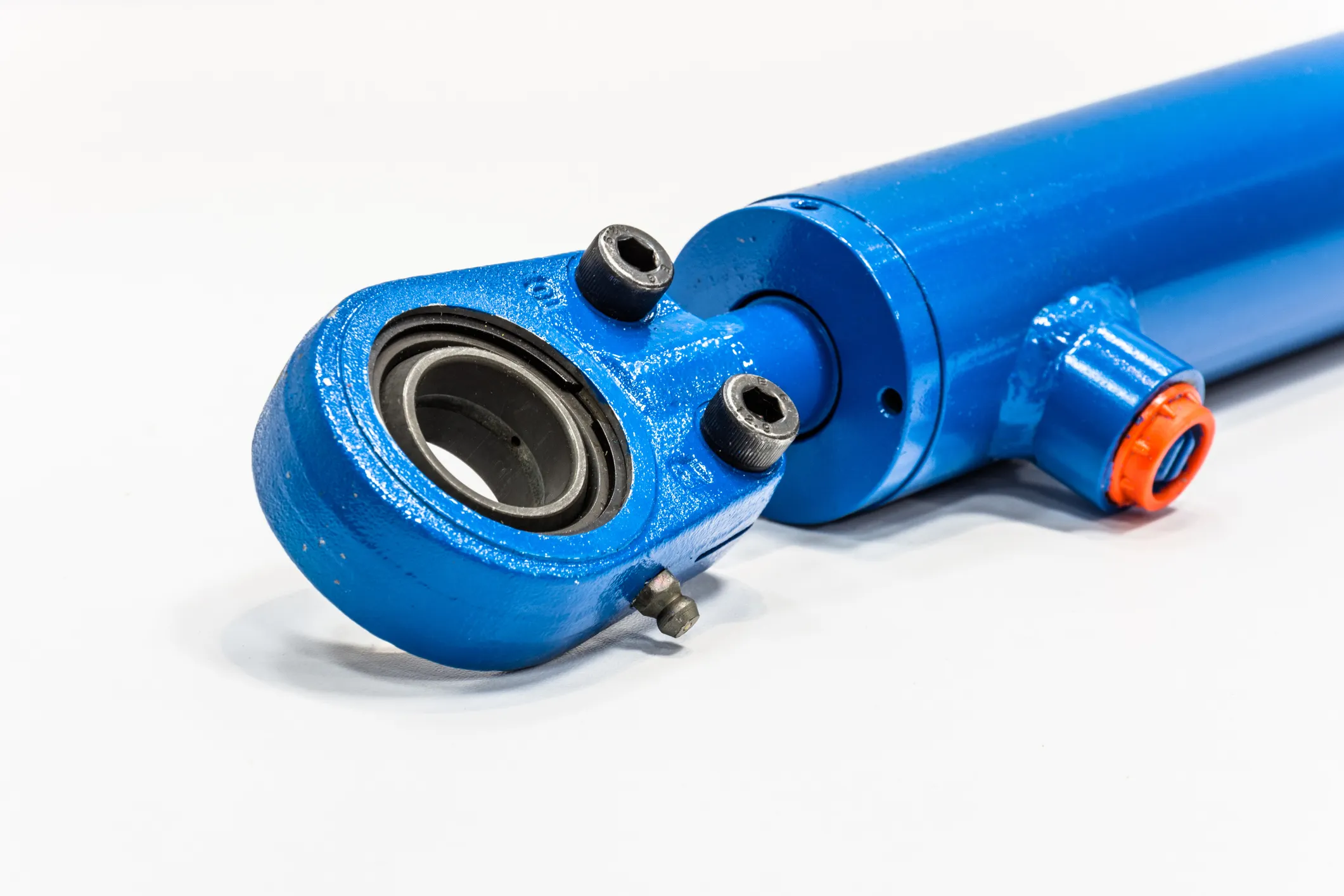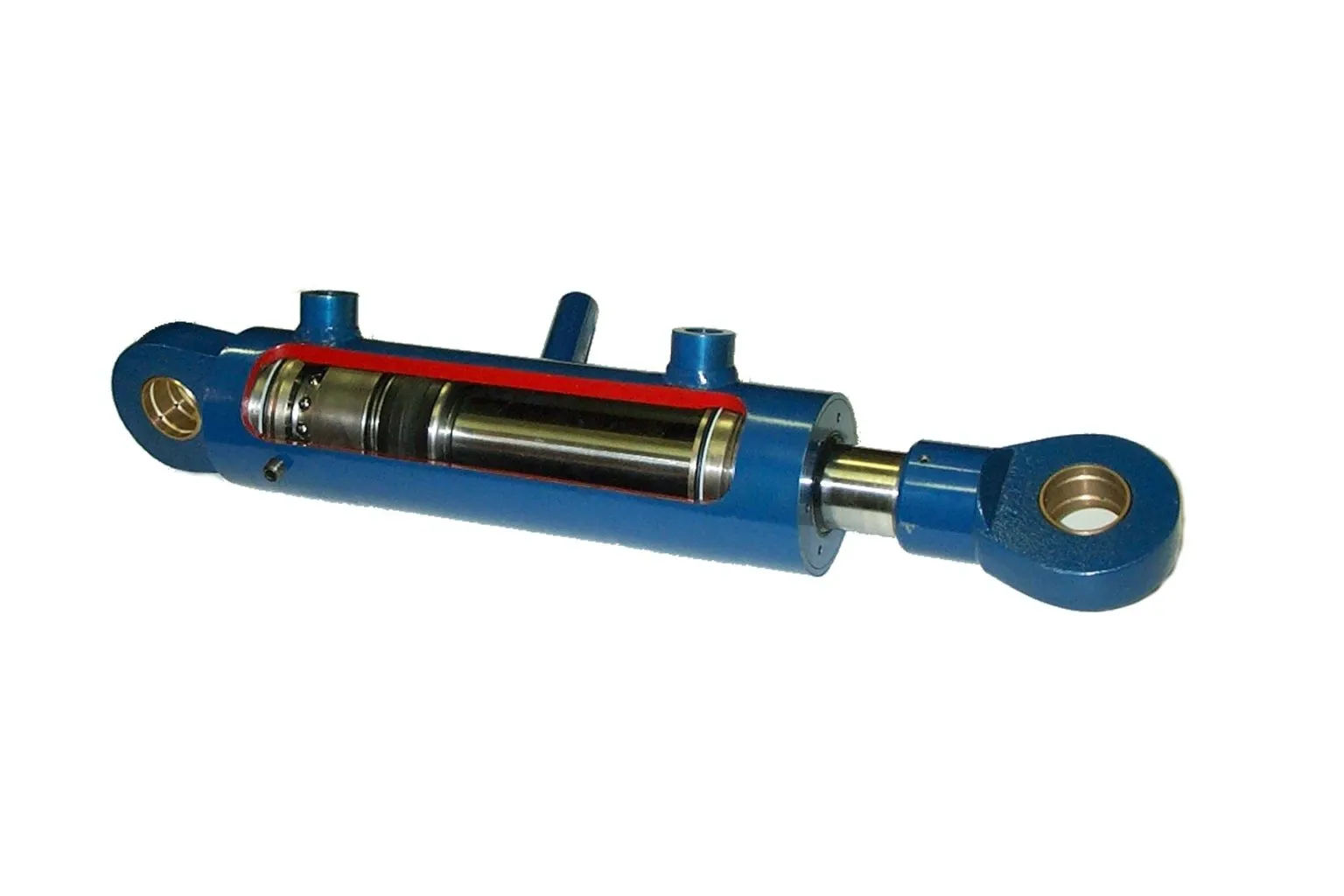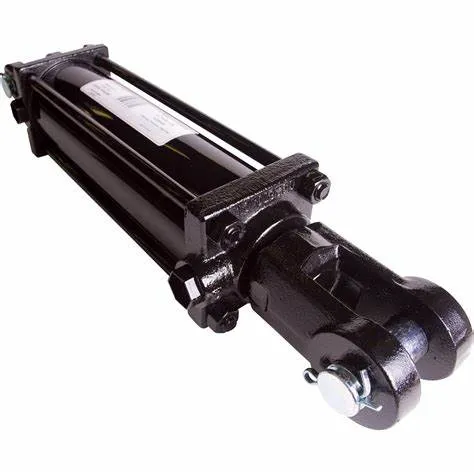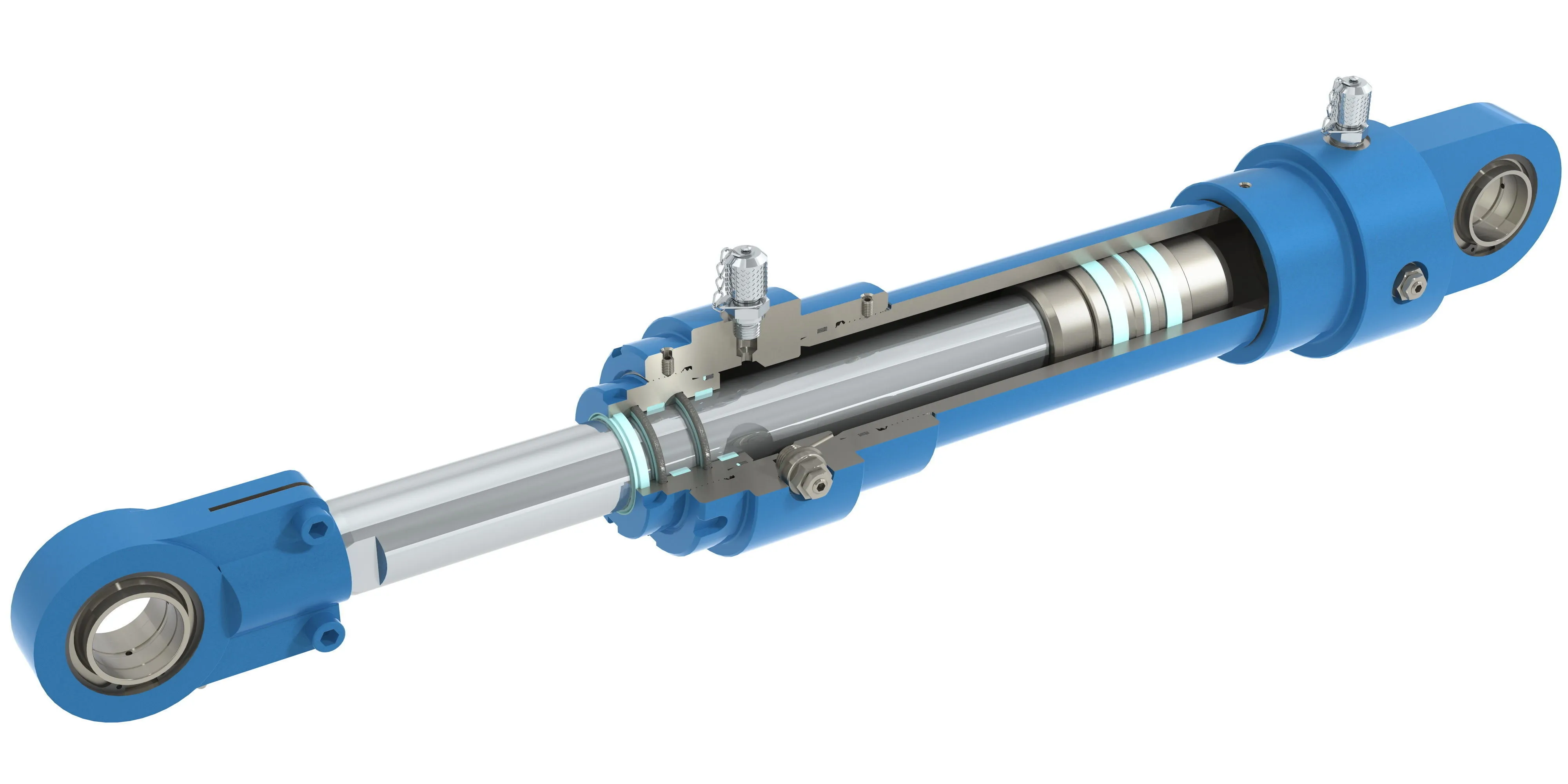Expanded Introduction of Spring-Return Single-Acting Hydraulic Cylinder Maintenance Tips
Definition of Spring-Return Single-Acting Hydraulic Cylinder
Spring-return single-acting hydraulic cylinder is a hydraulic cylinder that utilizes hydraulic oil to expand the piston. When pressure is released, the built-in spring automatically retracts the piston.
Design and Construction Characteristics
-
Single-Acting Structure
Operates in one direction through hydraulic oil pressure, with return depending on the built-in spring.
-
Spring Selection
Appropriate spring choice for quick and complete reset after hydraulic oil pressure release.
-
Sealing Design

Utilizes high-quality sealing materials to prevent oil leakage and ensure system efficiency and safety.
-
Strength and Durability
Material selection considers strength to withstand high pressure and impact, typically high-strength steel.
Construction and Assembly Process
The assembly process requires precise component alignment, especially piston and cylinder block coordination, to minimize friction and wear. Strong welding and mechanical connections are necessary to prevent oil leakage or breakage under high pressure. After assembly, strict pressure and functional testing ensure the hydraulic cylinder’s normal operation.
Working Principle
The single-acting mechanism extends the piston outward with hydraulic oil and retracts it with the spring when pressure is released.
Types and Configurations
Three variations of spring-return single-acting hydraulic cylinders are available, each serving distinct purposes.
Key Benefits
-
Safety – Automatic Reset
Automatic piston reset reduces accidental drops or loss of control, enhancing operational safety.
-
Simplicity – Simple Design
Easy-to-understand structure reduces failure points, simplifies maintenance and repair.
-
Cost-Effective – Economical
Less costly than double-acting cylinders and suitable for various applications.
-
Flexible Operation – Strong Adaptability
Perfect for one-way thrust applications like hydraulic jacks and mechanical pressing.
Application Scenarios
Spring-return hydraulic cylinders find utility in industrial machinery, construction equipment, agricultural machinery, automotive maintenance, packaging machinery, and material handling.
Design Considerations
When selecting spring-return single-acting hydraulic cylinders, consider factors like bearing capacity, sealing, durability, safety, and maintainability.
Sealing and Lubrication
Utilize piston seals, rod seals, and wear-resistant materials for optimal sealing. Regularly lubricate the cylinder with hydraulic oil to enhance performance.
Regular Inspection and Maintenance
Implement preventive maintenance measures to ensure the long-term functionality of spring-return single-acting hydraulic cylinders.

Installation Guide
Follow the correct installation process to maximize the efficiency and longevity of the hydraulic cylinder.
Maintenance Tasks
Regular inspection, proper lubrication, seal replacement, and calibration inspection are vital maintenance tasks to uphold the cylinder’s performance.
Safety Considerations
Adhere to safety measures during cylinder operation to prevent accidents and ensure a secure working environment.

Unit Power
Understand the factors affecting the unit power of spring-return single-acting hydraulic cylinders, such as hydraulic system pressure, piston area, and spring characteristics.
Optimizing Unit Power
Optimizing the power unit can enhance efficiency, save energy, and improve reliability in hydraulic systems.
Common Questions
Answers to questions regarding the spring mechanism, applications, advantages, limitations, and performance effects of spring-return single-acting hydraulic cylinders.
Long-Tail Keywords
Explaining three long-tail keywords related to spring-return single-acting hydraulic cylinders.
Company Overview
Introduction to our company as a leading hydraulic cylinder manufacturer and distributor, highlighting our product line, certifications, custom services, production equipment, and after-sales support.
Author: lyl

